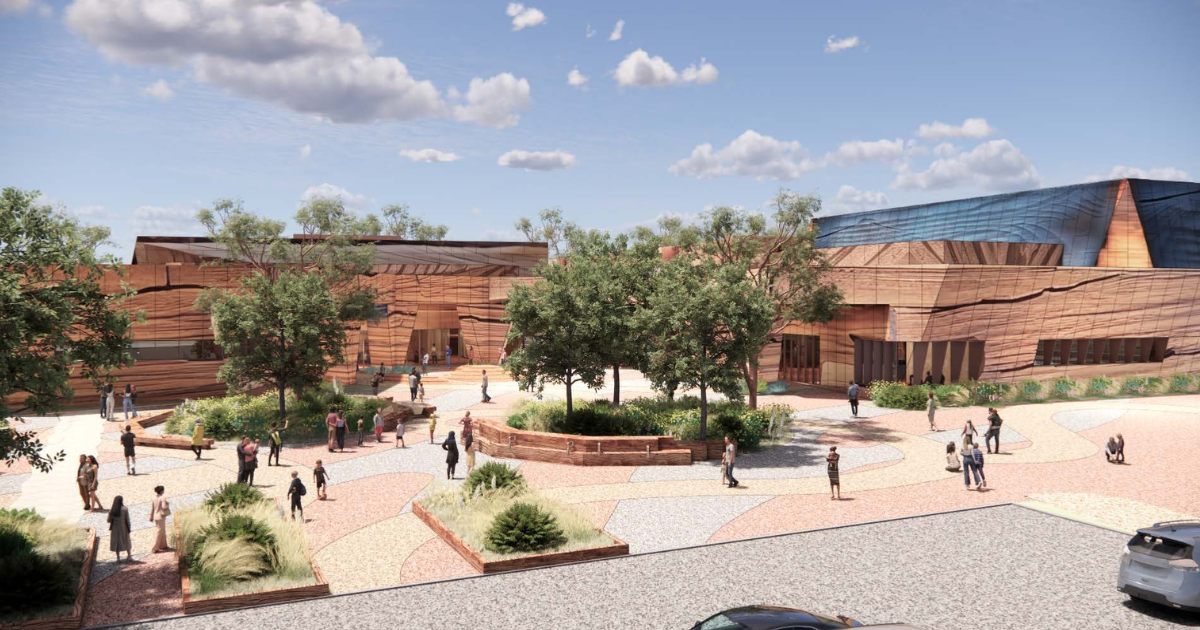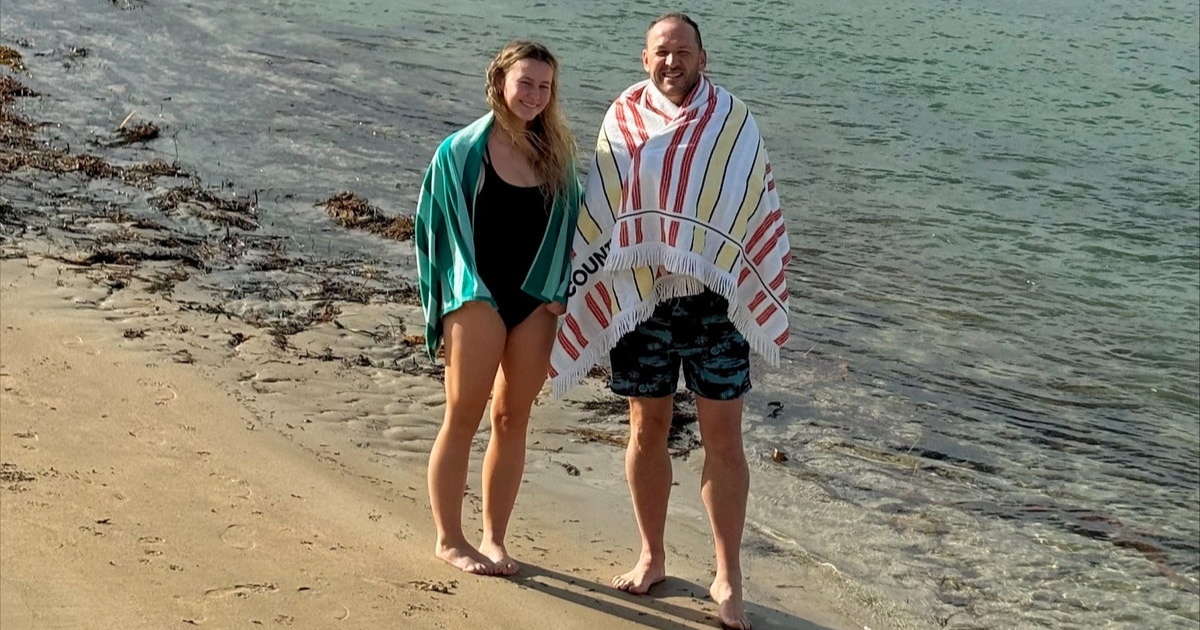Teens align with cultural diversity
MORE than 90 per cent of teens agree that welcoming a multicultural society in Australia makes for a better place to live, a collaborative university study has found.
The research – which was conducted by researchers at Deakin University, Australian National University and Monash University – looked at “Generation Z” teens and discovered broad religious education in schools leads to a better understanding and acceptance of Australia’s religious minorities.
It was also found that 74 per cent of teens have positive attitudes towards Islam, Buddhism and Hinduism, with 21 per cent expressing moderate to neutral views, and only five per cent possessing negative views.
Associate Professor Anna Halafoff, who is based at Deakin’s Waurn Pond campus, said although an overwhelming majority of Australia’s teens viewed religious diversity positively, there was still a need to increase understanding of and reduce bigotry towards religious groups.
“Australian teens have moderate levels of religious literacy, which we believe is due to a lack of general religious education (GRE) and worldviews education, especially in Australian state and independent schools.
“Our data suggest GRE programs are associated with reduced negative perceptions of religious minorities – students who have received GRE have the most positive views towards Australia’s religious minorities, while students who have had
no GRE are about twice as likely to hold negative or neutral views.
“Unfortunately, 56 per cent of students attending public schools, and 42 per cent of those attending private schools, have received no dedicated GRE.
“Australian schools are still lagging behind the UK, EU and Canada with respect to their treatment of religion.”
More than 50 per cent of students who hadn’t received any level of GRE wanted to learn more about diverse religions and non-religious worldviews at school.
Associate Professor Halafoff said these findings suggest there should be more education about diverse worldviews and religion in Australia’s curriculum.


















